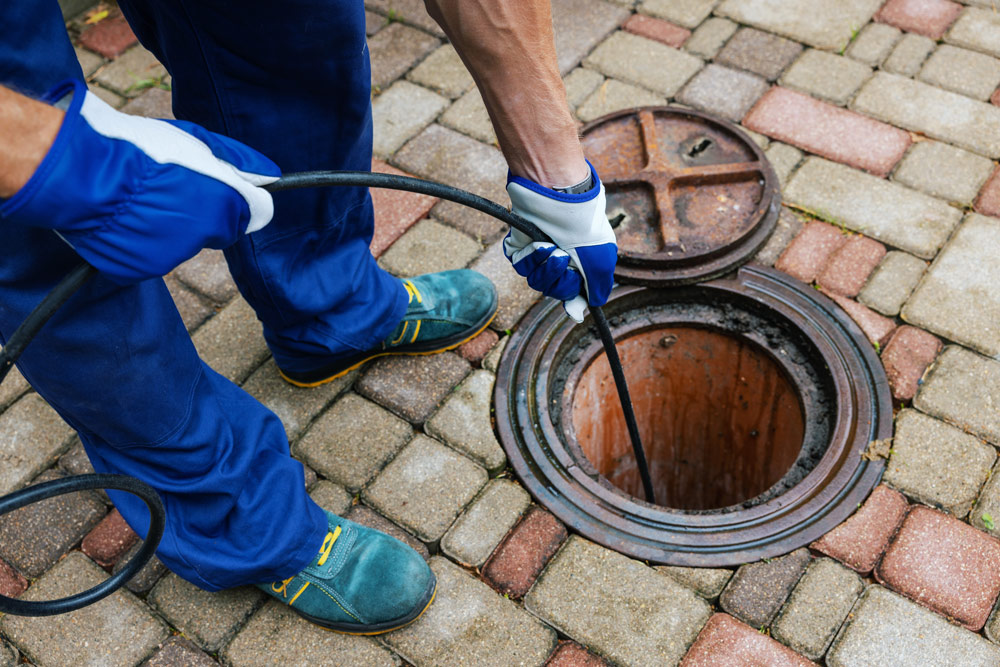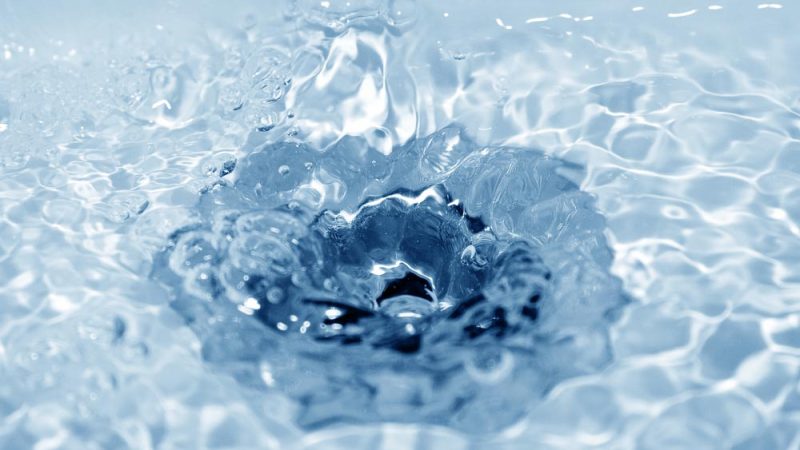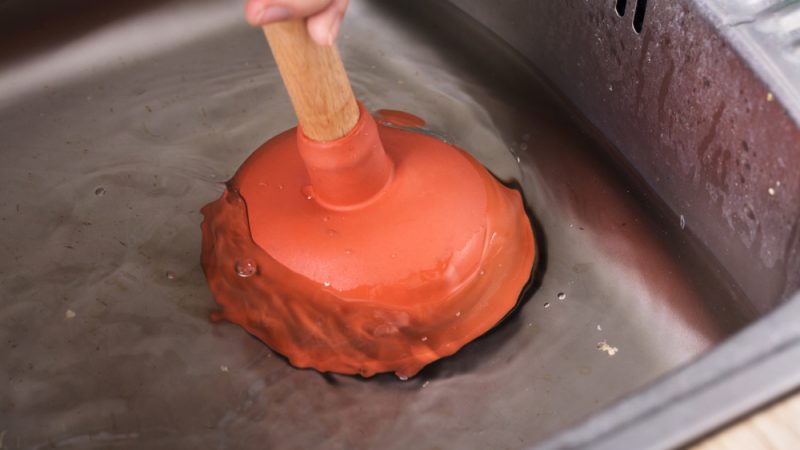Blocked drains can be a frustrating and costly problem for homeowners and business owners. Whether it’s a slow-draining sink, a backed-up toilet, or foul odours coming from your pipes, clogged drains can quickly disrupt your daily routine. Understanding the most common causes of blocked drains and how to prevent them can help you avoid expensive repairs and keep your plumbing system running smoothly.
Here are the top 10 reasons your drains may become blocked and practical tips to prevent these issues.
1. Hair Buildup
Hair is one of the most common culprits behind blocked drains, particularly in bathroom sinks and showers. Over time, strands of hair combine with soap scum and other debris, forming clumps that obstruct water flow.
Prevention Tips:
- Install drain covers in showers and sinks to catch hair before it enters the pipes.
- Clean drain covers regularly to prevent buildup.
- Use a drain cleaner or plunger occasionally to clear minor hair clogs.
2. Grease & Fat Deposits
Pouring grease, fat, or oil down the kitchen sink might seem harmless, but these substances solidify inside pipes, leading to stubborn blockages.
Prevention Tips:
- Never pour cooking oil or grease down the drain—instead, collect it in a container and dispose of it in the bin.
- Use hot water and dish soap after washing greasy dishes to help break down residual fats.
- Consider using a grease trap if your kitchen frequently deals with oils and fats.
3. Food Scraps
Even with garbage disposal, food particles can accumulate in pipes and lead to blockages. Coffee grounds, rice, pasta, and fibrous vegetable peels are common offenders.
Prevention Tips:
- Scrape plates into the bin before rinsing dishes.
- Use a sink strainer to catch food scraps.
- Regularly flush drains with hot water and baking soda to break down small particles.
4. Soap Scum Buildup
Traditional soaps contain fats and minerals that can accumulate in pipes over time, especially in homes with hard water. This buildup eventually leads to restricted water flow.
Prevention Tips:
- Switch to liquid soap or detergent-based cleaners, which don’t leave behind as much residue.
- Install a water softener to reduce mineral buildup in pipes.
- Flush bathroom drains with vinegar and hot water mixture once a month to dissolve soap scum.
5. Tree Roots Infiltrating Pipes
Tree roots naturally seek out moisture, making underground pipes a prime target. Once roots infiltrate a drain, they expand, causing serious blockages and pipe damage.
Prevention Tips:
- Avoid planting trees or large shrubs near underground plumbing lines.
- Schedule regular drain inspections to detect early root intrusion.
- If tree roots are a known issue, consider professional root cutting or pipe relining to prevent further damage.
6. Foreign Objects Flushed Down Toilets
Flushing anything other than toilet paper and human waste can cause blockages in your plumbing system. Items like wipes, cotton buds, sanitary products, and even children’s toys can get stuck in pipes and lead to clogs.
Prevention Tips:
- Educate family members about what should and shouldn’t be flushed.
- Place a bin next to the toilet for non-flushable items.
- Use flushable wipes cautiously, as some brands still contribute to blockages.
7. Heavy Rain & Stormwater Debris
During heavy rainfall, stormwater drains can become overwhelmed with leaves, dirt, and debris, leading to flooding and poor drainage around your property.
Prevention Tips:
- Keep gutters and downpipes clear of leaves and debris.
- Install grates and drain covers to prevent large debris from entering outdoor drains.
- Schedule routine maintenance before the rainy season to ensure the drains are clear.
8. Collapsed Or Damaged Pipes
Older or poorly maintained plumbing systems are prone to pipe collapse or misalignment, which can lead to persistent drainage problems. Cracked or damaged pipes also restrict water flow and require professional intervention.
Prevention Tips:
- Watch for recurring drain issues like slow drainage and gurgling sounds.
- Have an annual plumbing inspection to identify weak or damaged pipes.
- Consider pipe relining for cost-effective, long-term repair solutions.
9. Poor Drain Installation
Incorrect pipe installation, improper grading, or using pipes that are too small for water flow can increase the likelihood of blockages.
Prevention Tips:
- Always hire licensed plumbers to install or upgrade your drainage system.
- Ensure drains are properly sloped to allow for efficient water flow.
- Consider upgrading old pipes to larger diameters if your home frequently experiences blockages.
10. Mineral Buildup From Hard Water
If your home has hard water, minerals like calcium and magnesium can accumulate inside pipes over time, narrowing the water flow and increasing the risk of clogs.
Prevention Tips:
- Install a water softener to reduce mineral deposits.
- Use vinegar-based cleaning solutions to dissolve existing buildup.
- Schedule professional pipe descaling if mineral buildup becomes severe.
Need Help With Blocked Drains In Maroochydore? Contact Us Today!
Blocked drains can quickly escalate into bigger plumbing issues if not addressed promptly. At O’Brien Plumbing Maroochydore, we provide expert drain cleaning, inspections, and long-term solutions to keep your plumbing in top condition. Contact us today to schedule a drain inspection or unblock your drains quickly and efficiently.



